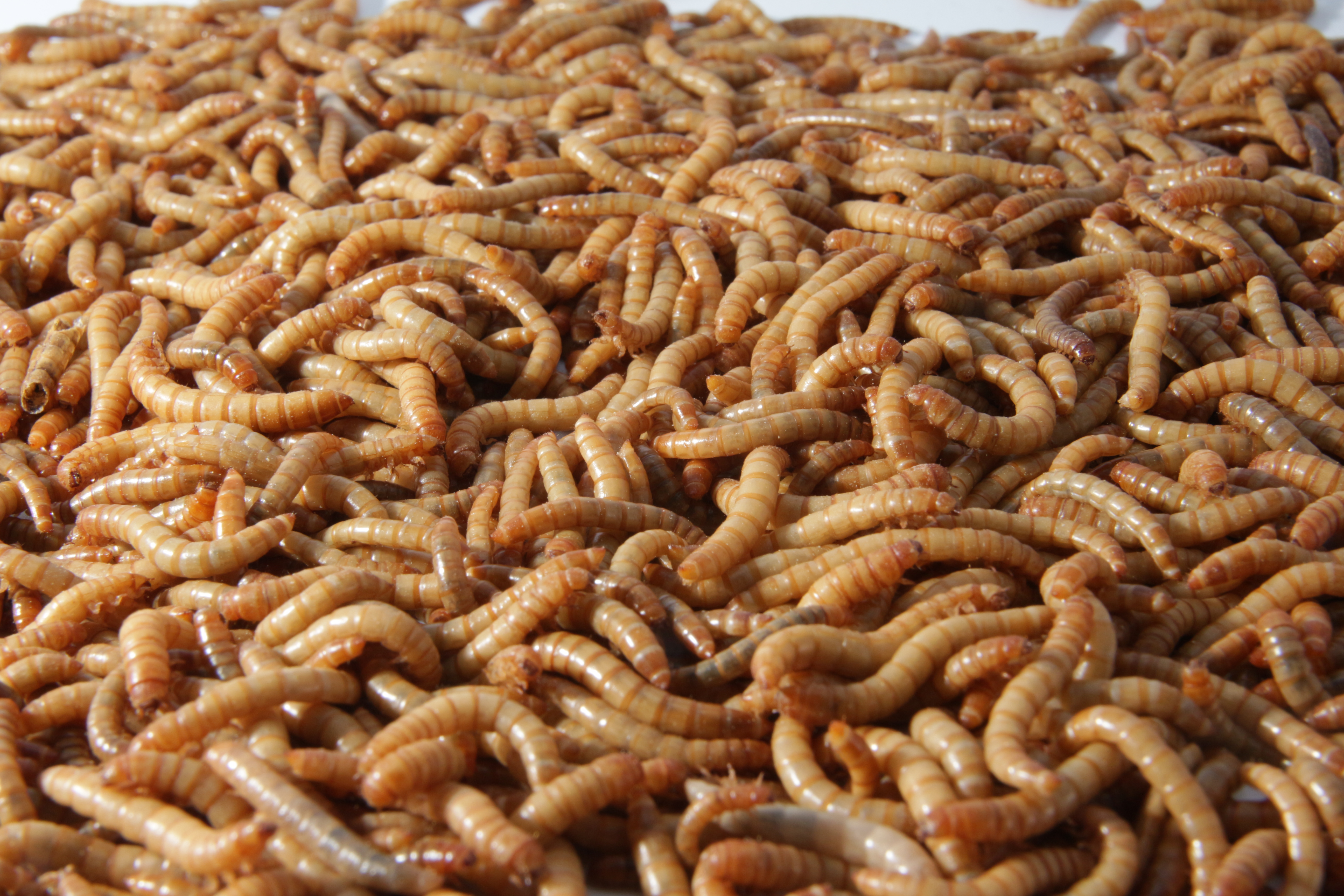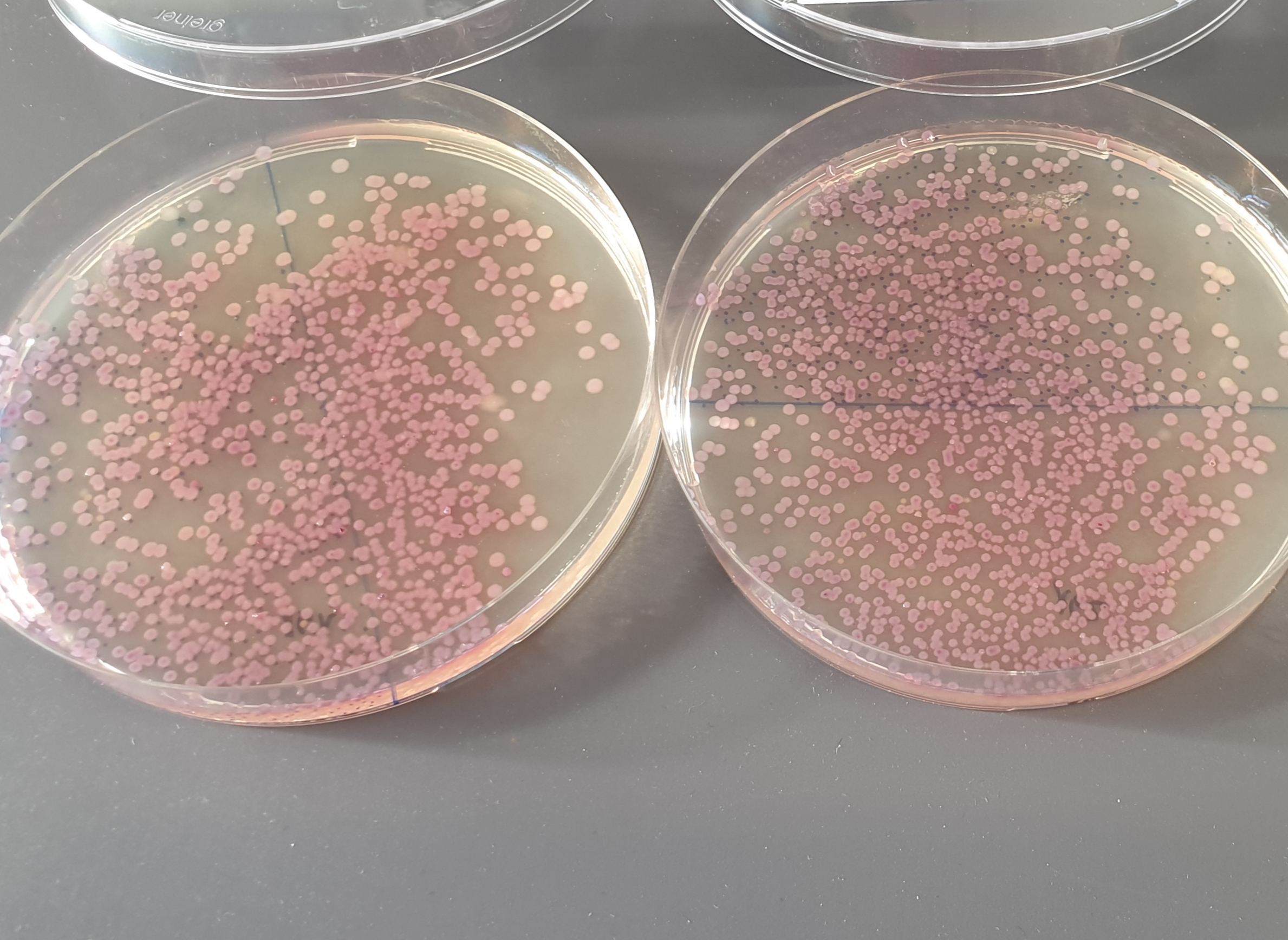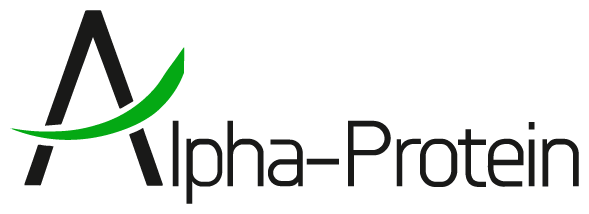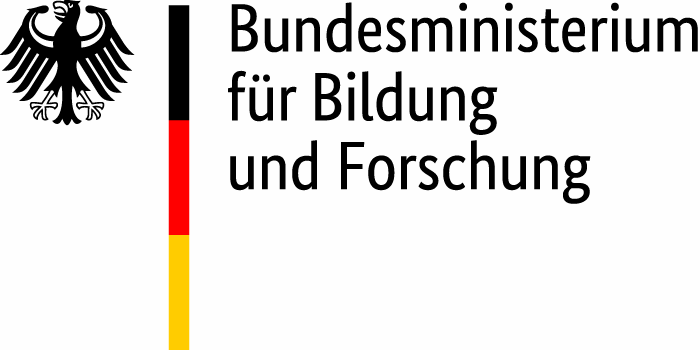Motivation and Problem
The larvae of the flour beetle (Tenebrio molitor), colloquially known as the mealworm, are among the most economically important beneficial insects. They are rich in high-quality proteins, vitamins and omega-3 fatty acids. The mealworm is authorised as feed for aquaculture and livestock (excluding ruminants) as well as food. In addition to the insects themselves, mealworm farming produces another product: insect frass, a mixture of excrement from farmed insects, feed residues and parts of farmed insects. This frass has great economic potential as an organic fertiliser and contains bacteria and functional ingredients that can promote plant growth and soil life. However, in 2021, the EU regulation (Regulation (EU) 2021/1925) was adapted, according to which frass must be heated (hygienised) at 70°C for one hour to ensure microbiological safety before it can be sold as a fertiliser. However, this energy and cost-intensive targeted killing of microorganisms also decimates the beneficial bacteria, which can have an impact on the fertiliser properties.
 Fraunhofer Institute for Molecular Biology and Applied Ecology IME
Fraunhofer Institute for Molecular Biology and Applied Ecology IME





